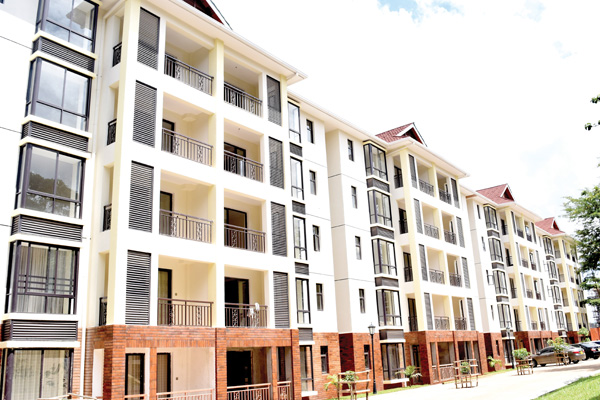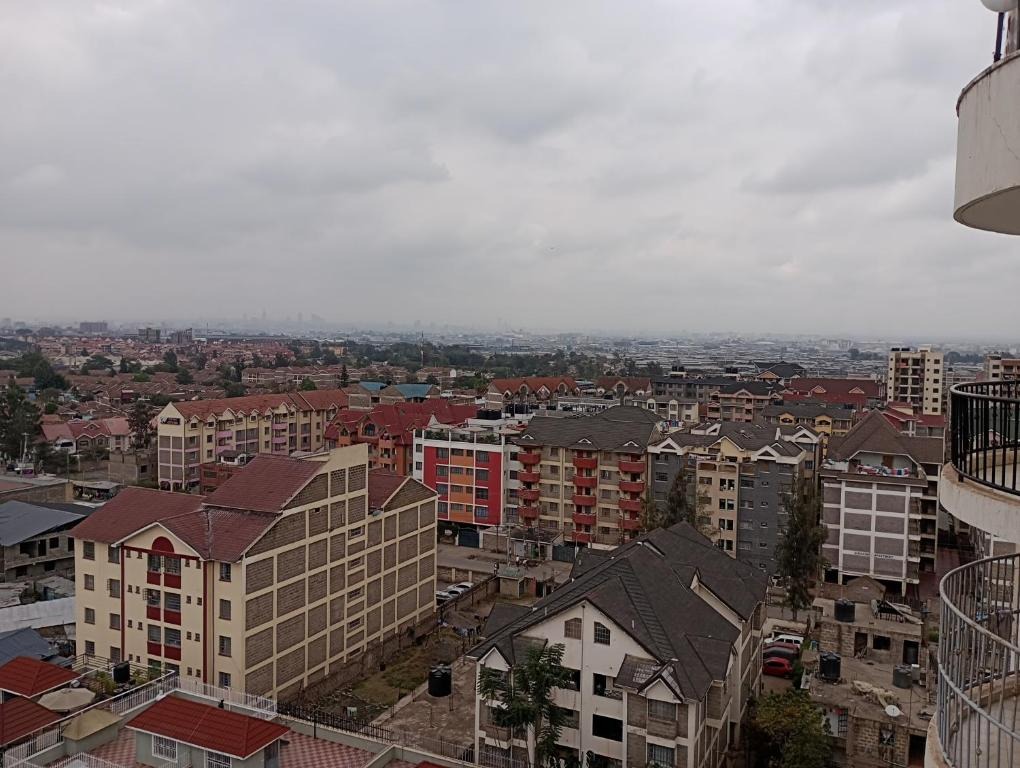
Effective property management is essential for maximizing rental income and ensuring long-term profitability in real estate investments. By employing strategic approaches, property owners can enhance tenant satisfaction, reduce vacancies, and optimize rental yields. This article explores key property management strategies that can help landlords and property managers maximize their rental income.
Understanding the Rental Market

The first step in maximizing rental income is understanding the rental market. Conduct thorough market research to determine the going rental rates in your area. Analyze comparable properties and their rental prices to set competitive yet profitable rental rates. Understanding the market helps in positioning your property attractively while ensuring you are not underpricing or overpricing it.
Enhancing Property Appeal

Investing in the property to enhance its appeal can significantly impact rental income. Potential tenants are attracted to well-maintained and aesthetically pleasing properties. Consider the following improvements:
Curb Appeal: The exterior of the property is the first thing prospective tenants see. Invest in landscaping, exterior paint, and lighting to create a welcoming and attractive facade.
Modern Amenities:Update kitchens and bathrooms with modern fixtures and appliances. Offering in-unit laundry, energy-efficient appliances, and smart home features can set your property apart.
Maintenance and Repairs: Regular maintenance and timely repairs are crucial. A property in good condition attracts quality tenants and reduces turnover rates.
Effective Marketing and Tenant Screening
Marketing your property effectively ensures it reaches a broad audience of potential tenants. Use multiple channels to advertise your rental, including online listing platforms, social media, and local real estate websites. High-quality photos and detailed descriptions are essential to capture the attention of prospective tenants.
Equally important is thorough tenant screening. Conduct background checks, verify employment, and check references to ensure you select reliable and responsible tenants. Quality tenants are more likely to pay rent on time and take care of the property, which in turn helps maintain and maximize rental income.
Strategic Rent Adjustments
Regularly reviewing and adjusting rent can help maximize rental income. Conduct annual market analysis to determine if rent increases are justified based on market trends and property improvements. However, it’s important to strike a balance; excessive rent hikes can lead to tenant turnover, which can be costly. Consider implementing moderate rent increases to align with market rates while retaining good tenants.
Lease Management
Effective lease management is a cornerstone of maximizing rental income. Ensure lease agreements are comprehensive and clearly outline terms and conditions, including rent payment schedules, maintenance responsibilities, and rules for property use. Clear leases help prevent disputes and ensure both parties understand their obligations.
Additionally, consider offering flexible lease terms to attract a wider range of tenants. For example, offering both long-term and short-term leases can cater to different tenant needs and reduce vacancy rates.
Tenant Retention Strategies
Tenant retention is crucial for maintaining steady rental income. High tenant turnover leads to increased vacancy periods and additional costs for marketing and preparing the property for new tenants. Implement strategies to retain tenants, such as:
Responsive Maintenance: Address maintenance issues promptly to keep tenants satisfied.
Communication: Maintain open lines of communication with tenants to address concerns and build positive relationships.
Incentives: Offer lease renewal incentives, such as a small rent discount or property upgrades, to encourage tenants to stay.
Utilizing Technology
Leveraging technology can streamline property management and enhance tenant experience, ultimately maximizing rental income. Property management software can automate tasks such as rent collection, maintenance requests, and tenant communication. Online payment systems make it easier for tenants to pay rent on time, reducing late payments.
Smart home technologies, such as keyless entry and automated thermostats, can also add value to the property and attract tech-savvy tenants.
Cost Management
Effective cost management is essential for maximizing net rental income. Regularly review and optimize operating expenses, such as maintenance, utilities, and property management fees. Implement energy-efficient upgrades to reduce utility costs, and negotiate favorable contracts with service providers. By controlling costs, you can improve the overall profitability of your rental property.
Legal Compliance and Risk Management
Ensuring compliance with local, state, and federal regulations is critical. Non-compliance can lead to legal issues and financial penalties, negatively impacting rental income. Stay informed about landlord-tenant laws, fair housing regulations, and building codes. Consider working with a property management company or legal professional to navigate complex regulations and mitigate risks.
Conclusion

Maximizing rental income requires a strategic approach to property management, encompassing market research, property improvements, effective marketing, tenant retention, and cost management. By understanding the rental market, enhancing property appeal, implementing effective lease and rent strategies, leveraging technology, and ensuring legal compliance, property owners can optimize their rental income and achieve long-term profitability. Adopting these strategies not only enhances financial returns but also contributes to a positive tenant experience, fostering long-term success in the rental market.







